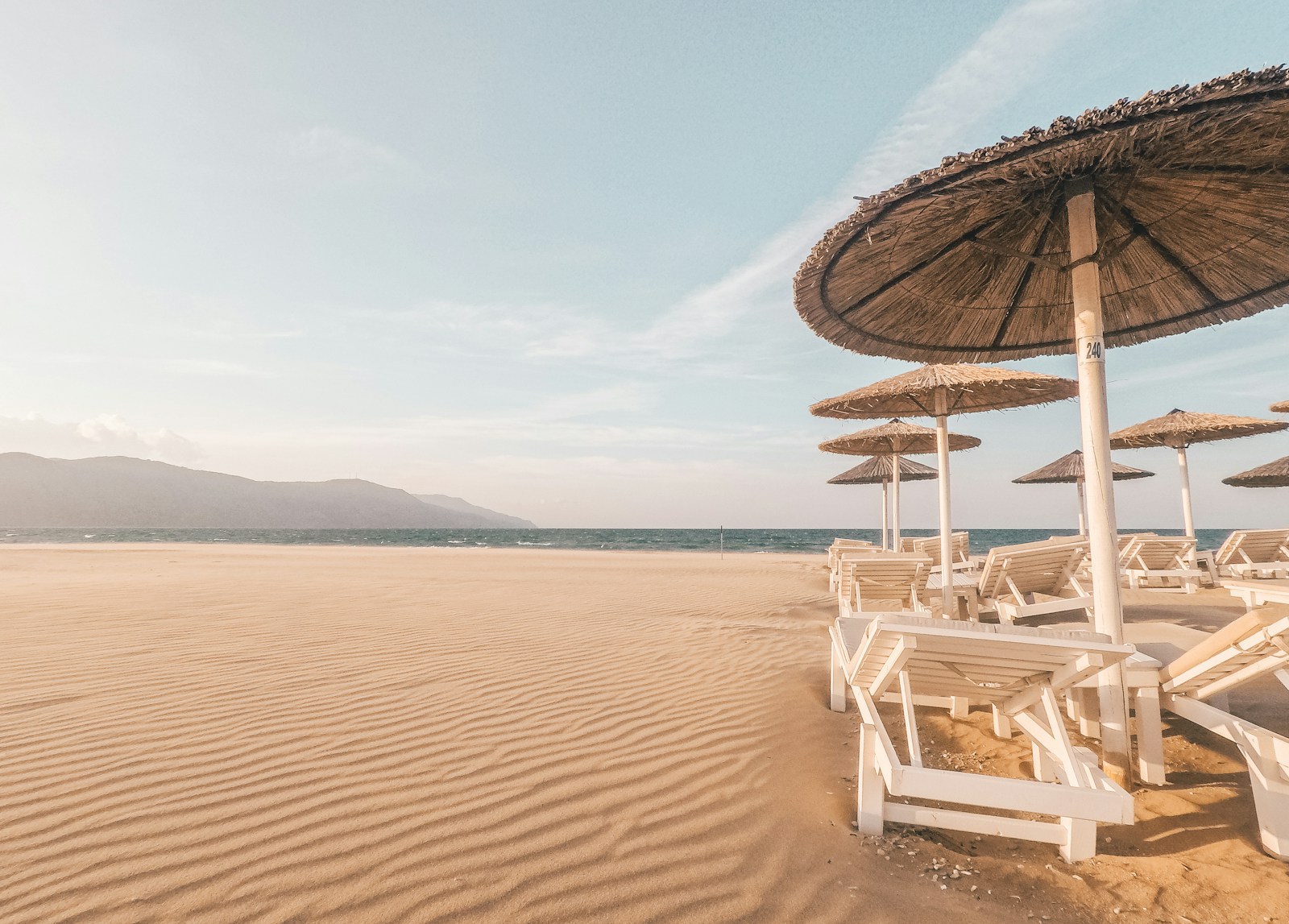
región

region
The Spanish word 'región' is used exactly like the English word 'region.' It can describe an administrative division within a country, a geographical area, or a realm of activity, knowledge, or influence. It can be used metaphorically as well, however, the context usually makes its meaning very clear.
Example sentences using: región
Vivo en una región muy hermosa.

I live in a very beautiful region.
This sentence means that the speaker lives in a region - which could refer to a specific area in a country or the world - that they find very beautiful.
La región tiene muchas montañas.

The region has many mountains.
This phrase denotes that there are many mountains in the particular region that the speaker is referring to.
El clima de esta región es muy agradable.

The climate of this region is very pleasant.
This sentence means that the speaker finds the climate of the specific region very comfortable or pleasant.
Esta región se conoce por sus vinos.

This region is known for its wines.
This phrase means that the particular region is famous for its wine, perhaps because it has vineyards or it produces high-quality wine.
Mi región natal es Ronda.

My native region is Ronda.
The phrase implies that Ronda, which could be any locality, province or territory, is the place where the speaker was born or grew up.
La región costera ofrece hermosas playas.

The coastal region offers beautiful beaches.
This sentence means that the area located by the sea (the coastal region) has many beautiful beaches.
La economía de la región es bastante estable.

The economy of the region is quite stable.
This text means that the financial and economic scenario of a certain region is not facing much fluctuation and is fairly consistent.
La región secreta está en el mapa.

The secret region is on the map.
The phrase refers to a location or area (the secret region), presumably not well-known or hidden, being indicated on a map.
Cada región tiene su propio dialecto.

Each region has its own dialect.
This sentence suggests that each specific area or region has its unique variety or form of language that distinguishes it from others.
La región está sufriendo de sequía.

The region is suffering from drought.
This phrase means that the particular region is facing a period of dryness, without enough rainfall, which is causing a shortage of water.